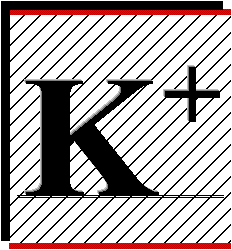 The
Instruction Sheet
The
Instruction Sheet
Moving clockwise
the first player announces the word s/he has chosen
to transcribe that highlights the
stenograph showcased by that round.
At the end of each round each
player hands his/her Game
Sheet to
the
person on their right who marks the score.
The maximum score for a round is 30 points: 10 points for
having tried
to transcribe
a word containing the "featured" stenograph; 10 points
for having transcribed their word correctly; 10 points for
correcting the
transcription of
the player to his/her left.
Whenever a player
corrects
the transcription of the player to his/her left,
s/he shouts: "Another 10 points
FOR ME!"
(while everyone
else applauds).
Then, the player to his/her right adds 10 points to the third
line in his/her
Game Sheet score area.
Then, it's
on to the next stenograph.
At
the end of the
game each player passes his/her Game Sheet to the
player to his/her left who adds up the points.
The highest scorer earns the title of "Professor"; the second
highest
the title of "Teacher"; the third highest the title of
"Student".
Section
C Notes
In Section C where a stenograph can represent two (2) different kinds
of sound-combos ("joined" and "disjoined"), the
player chooses only
one (1) word
that illustrates either one - NOT both.
For
example, the cursive capitalized S-stenograph "when joined"
represents the
st-sound-combo as in the C:28.1 example-word,
"strong", but "when disjoined",
it represents the sity-sound-combo
as in the 28.2 example-word, "university".
Note:
the hyphen in the
transcribed C:27.2 example-word, "well-
read", is circled because
it is NOT a stenograph.
"Same"
Letter, but 3 "Different"
Sounds
The
first o-letter of "tomorrow" is a u-sound; the second an a-sound;
the
third an o-sound:
English is weird that way.
Remember to write
what you "hear".
Tip
Using pencils allows you to reuse the Game Sheets.
 The
Instruction Sheet
The
Instruction Sheet The
Instruction Sheet
The
Instruction Sheet